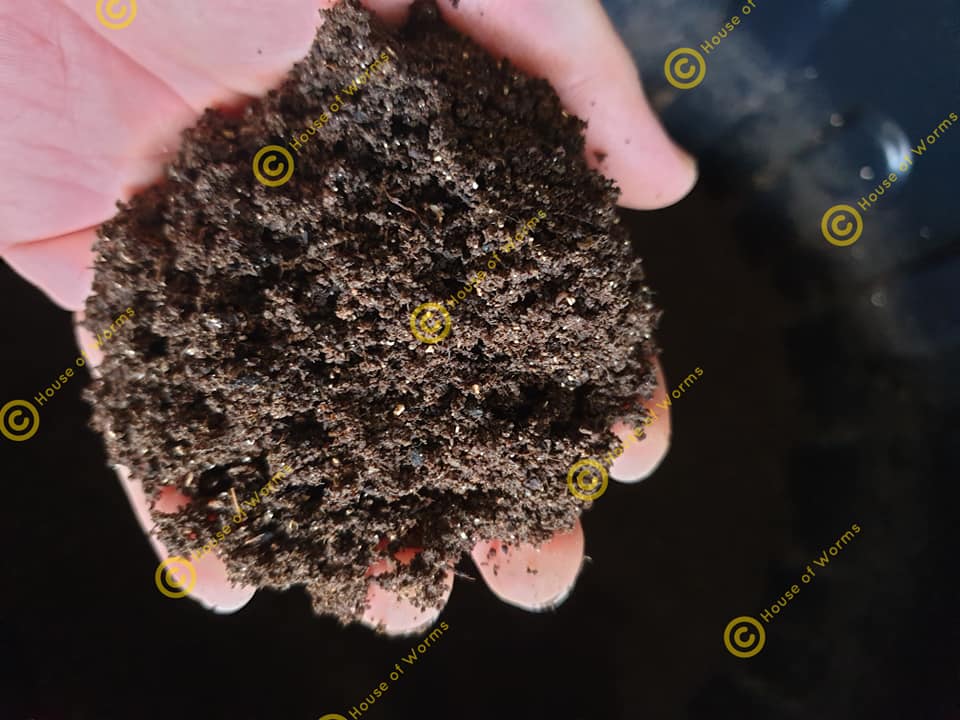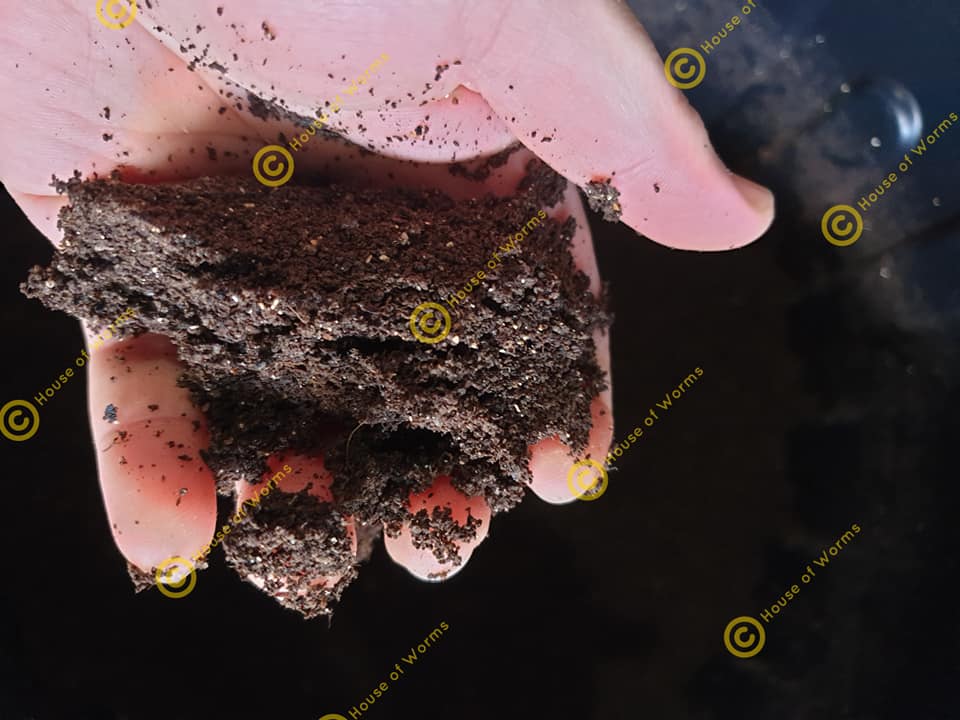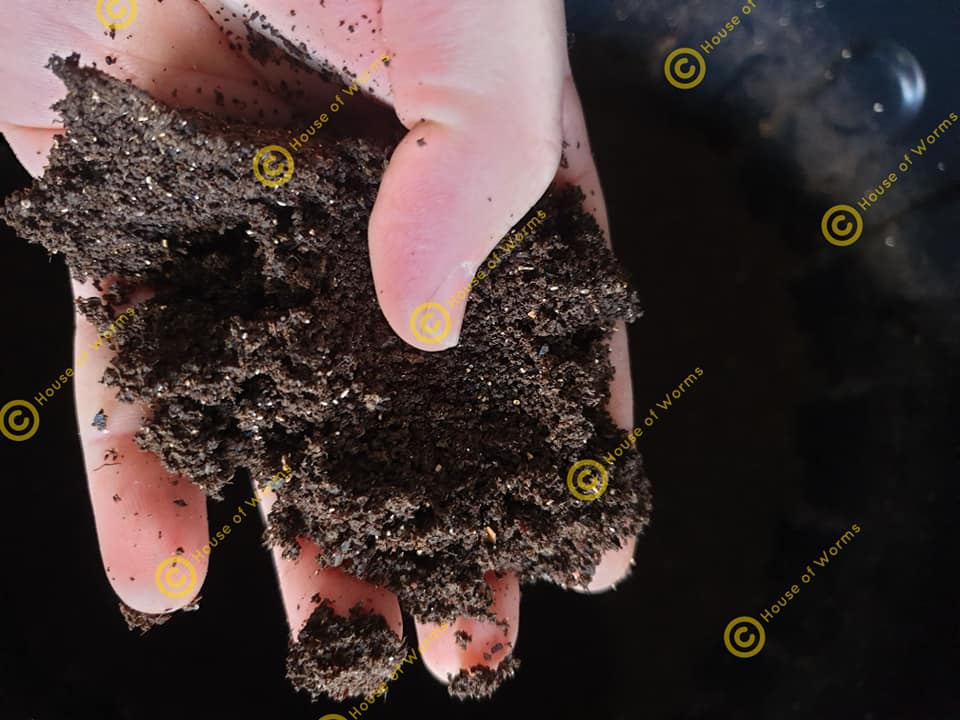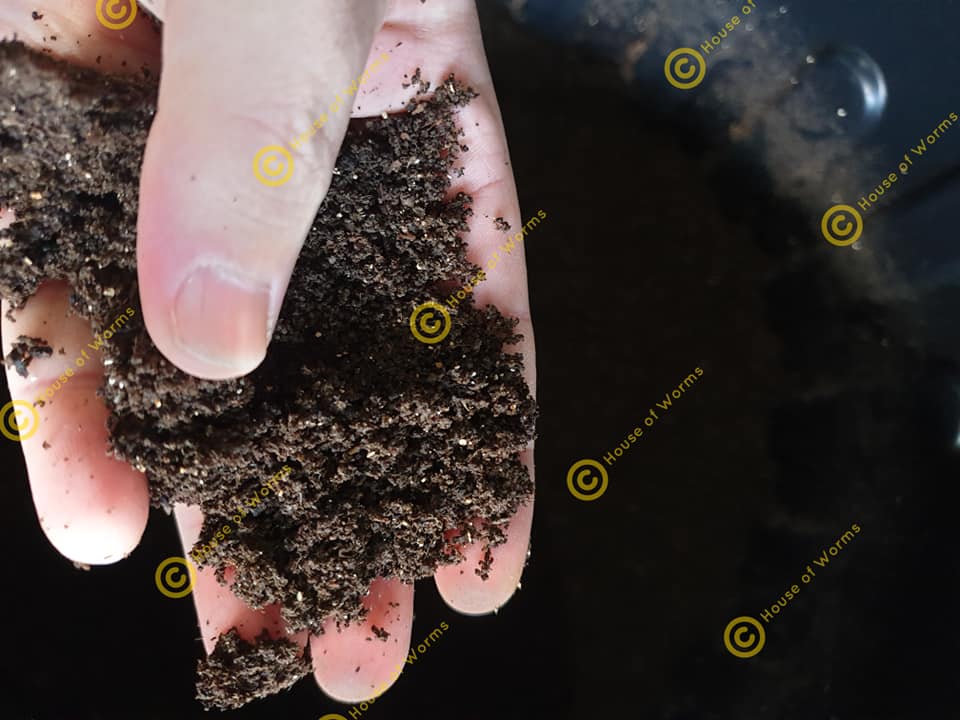Ingredients For Quality Castings?
If you’re into vermiculture or just exploring the world of worm farming, you’ve probably heard about worm castings -the ultimate fertilizer for your garden. But what goes into making those nutrient-rich little nuggets of gold? Let’s uncover the secrets behind the ingredients for quality castings and how you can ensure your worms are producing the best for your plants.
What Are Worm Castings?
Worm castings are the by-product of a worm’s digestion—a fancy way of saying worm poop. But don’t let that description fool you. These tiny granules are packed with nutrients, beneficial microbes, and organic matter that can revolutionize your soil’s health.
The Importance of High-Quality Castings
Not all worm castings are created equal. Quality matters because it directly impacts the nutrients and microbial life they provide to your plants. High-quality castings boost plant growth, improve soil structure, and help retain moisture.
Organic Food Waste
Worms thrive on organic food scraps like fruit and vegetable peels, coffee grounds, and eggshells. These provide the essential nutrients your worms need to produce castings rich in nitrogen, phosphorus, and potassium.
Shredded Paper and Cardboard
Recycling at its finest! Shredded newspaper, cardboard, and even paper towels are great carbon sources that help balance the worm bin.




Garden Clippings and Plant Material
Worms love soft, green clippings from your garden. Avoid woody stems, but feel free to toss in a handful of grass clippings or wilted flowers.
Balancing the Carbon-to-Nitrogen Ratio
For the best results, aim for a carbon-to-nitrogen ratio of about 30:1. Too much carbon (dry materials) slows decomposition, while excess nitrogen (food scraps) can lead to a smelly, unbalanced bin.
Keeping It Moist, Not Wet
Think of a wrung-out sponge—that’s the ideal moisture level for a worm bin. Too much water drowns the worms, while dryness inhibits their activity.
Ensuring Proper Airflow
Good aeration prevents anaerobic (smelly) conditions. Stir the bin occasionally or use a well-ventilated container to keep your worms happy.
Citrus and Acidic Foods
Oranges, lemons, and other citrus fruits can make your bin too acidic for worms. Stick to neutral or slightly alkaline food scraps.
Meat, Dairy, and Oily Foods
These foods can attract pests and create a stinky bin. Keep things plant-based and simple.
Enhancing Castings with Microbial Diversity
Microbes are the unsung heroes of worm castings. Adding small amounts of finished compost introduces beneficial bacteria and fungi, enhancing the microbial profile of your castings.
Why Bedding Matters
Bedding provides a habitat for worms and absorbs excess moisture. It also contributes to the carbon content of your bin.
Best Types of Bedding
Shredded paper, coconut coir, and dried leaves make excellent bedding. Change it out regularly to maintain a healthy environment.
Testing the Quality of Your Castings
High-quality castings should be dark, crumbly, and odorless. A quick look and sniff test can tell you if your worms are thriving.
Harvesting and Curing Your Castings
Harvest castings by separating the worms and letting the material “cure” for a few weeks. This ensures the microbes stabilize and the castings are safe for plants.
Common Mistakes to Avoid
Don’t overfeed your worms, neglect aeration, or let your bin dry out. These common missteps can reduce the quality of your castings.
The Eco-Friendly Impact of Quality Castings
Producing your own castings reduces waste and creates a sustainable cycle of nutrients. It’s an eco-friendly way to enrich your garden while helping the planet.
*Handy Tip – Creating quality worm castings isn’t just a science; it’s an art. With the right ingredients, proper balance, and a little love, your worms can produce a product that transforms your garden. Embrace the process, and let your worms work their magic!




